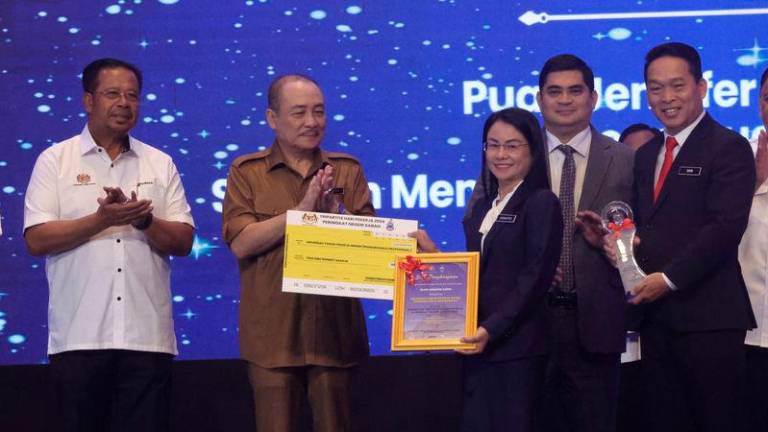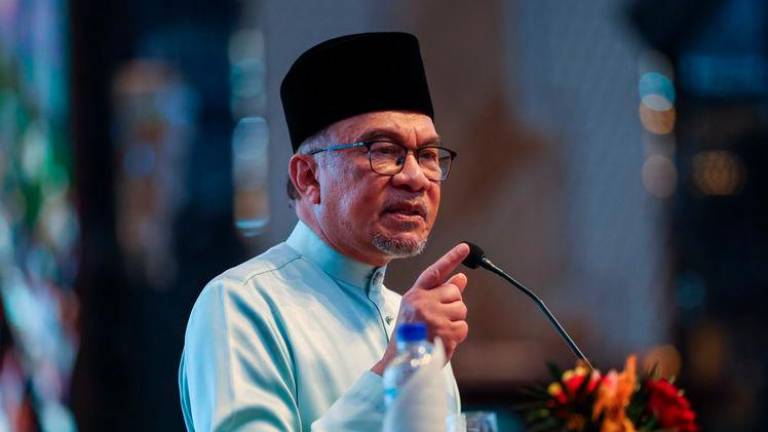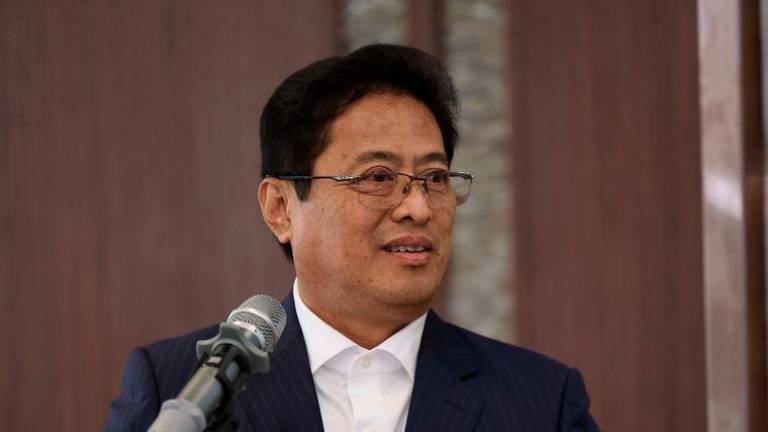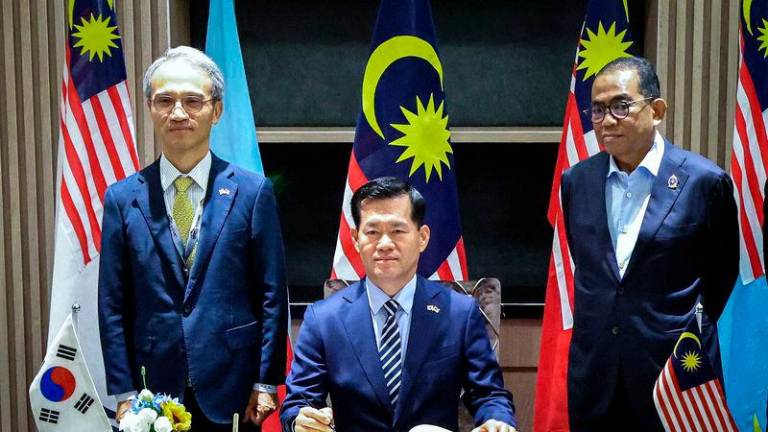WHAT is important in any national policy rollout is to look closely at the drafters, their expertise, the process of consultation and the independence and integrity of the policy making.
On this count alone, the Shared Prosperity Vision (SPV) recently hastily pushed through Parliament by the government deserves a poor grade.
At the same time, it is too early to provide an assessment grade to the SPV guiding principles, strategic thrusts and vision targets. Much will depend on the way this new NEP is implemented and the operational definition of what is described as “equitable opportunities” and “equitable outcomes”.
I had hoped that an earlier commentary on “Dissecting the Shared Prosperity Vision” would bring a response from the government or at least from the SPV drafters and other stake players such as MPs on this crucial roadmap for the nation’s socio-economic direction and targets for the next 10 years. But no response has been forthcoming.
Silence is the enemy
Despite the deafening silence it is vital that public discussion and media attention should be given on what steps can be taken to guide implementers of the SPV. Also the proposals necessary for key policy reforms to bring about an optimal outcome for the nation, and not just for the Malay and other bumiputra communities that are the main concern and target of the SPV.
Ideally think-tanks such as Malaysian Institute of Economic Research (MIER), Khazanah, IDEAS, and other academic institutions should jump start this process. If not, the activist civil society organisations should take the lead.
They can do this by providing long overdue practical reform proposals that can prevent the same kind of missteps that blighted the NEP and subsequent development policies. Their analysis can be augmented by public input obtained through forums, seminars and conferences.
Priority policy reform to ensure equitable opportunity
In the meantime here is one easily implementable policy proposal that the government should consider when implementing the SPV.
The proposal involves the removal of race-based benefits available to Malays and other bumiputra who belong to the elite or are successful after receiving 40 years of perks and privileges from the NEP’s race preference programmes in education, housing, contracts, employment, concessions, etc.
These groups include civil servants in the upper grades, professionals, academics, graduate teachers, senior staff of GLCs, major and substantial shareholders of companies and owners of businesses above a certain asset value. There are now at least several million bumiputra that are in the top and upper middle class households with many in the ultra wealthy category.
This top strata of our society does not require further racial preferential assistance for themselves and/or their family members to progress. Rather they and their children and grandchildren – after two generations of assistance for many – should compete for opportunities based on merit, ability and competency.
The unpalatable and undeniable reality is that Malaysians will capitalise on their influence and position to join and jump the queue for state provided benefits and assistance should they be regarded as eligible.
One vital statistical indicator missing – perhaps deliberately omitted – from the summary SPV document is the degree of income inequality within the bumiputra community as well as for other Malaysians. This phenomenon of rapidly growing and seemingly uncontrollable intra-ethnic income inequality, especially among Malays, pose as a big if not a bigger challenge to policymakers who have been fixated on inter-ethnic differences.
By using class rather than race as a tool for determining primary access to SPV benefits, the government will ensure that the goal of equitability of opportunities and outcomes can be reached more effectively and quickly.
There are also important considerations of morality, ethics and fairness that are invoked through taking what extremist and conservative Malay groups will denounce as an unacceptable action.
When unveiling the SPV at the Dewan Rakyat on Oct 6, Mahathir said that the government wanted to produce a new generation of bumiputra who have moral values such as integrity, dignity, a strong nationalist spirit, and are hardworking, to save the country and not depend on foreigners.
If accepted this proposal of disqualifying wealthy and well to do Malays from racial preference assistance can provide the catalyst to self-reliance, self respect and the raising of standards. This in turn can drive young Malays and other bumiputra towards a level and competitive playing field – a win-win situation for all in the country.
Queue system to ensure equitability of opportunity
The devil, it is said of any policy reform, lies in the details.
It would not be difficult to establish three queues for any programme in which state or federal funding is provided to bring about equitable outcomes. This includes educational sector programmes such as grants of scholarships or training.
One queue can be of applicants from the bottom 40% bumiputra households. There should be confirmatory data on their socio-economic and demographic status and whether they have had previous access to any form of NEP assistance.
The other queue can consist of poor non-bumiputra households.
A third queue would remove the factor of race from the allocation process and comprise applicants placed in it based entirely on merit.
Using this system a hypothetical breakdown of scholarships provided by the government at state and federal levels and through GLCs would look like this:
50% for children of bumiputra poor households; 10% for children of non-bumiputra poor households; 40% for children of all races based on merit
If applied across all sectors such a system of class and race-based assistance would ensure that the trillions of ringgit of funding envisaged for SPV 2030 to address the wealth and income and socio-economic disparities can finally reach the bottom strata of Malay and other communities that the resources of the NEP and successor policies have largely bypassed.
To advance this and similar reform proposals aimed at building a resilient and meritocratic economy and society, civil society organisations together with think-tanks should establish a website that can focus on ways and means to ensure that the equalisation of opportunities is built on class-based strategies such as the one proposed here. The website could provide information and feedback from a wide range of stakeholders on SPV 2030 to ensure that the nation does not have our socio-economic cake gobbled up by the affluent, accomplished and undeserving in the pursuit of “ketuanan Melayu”.
This is the last in the series on the state of Malay dominance. Lim Teck Ghee’s “Another Take” is aimed at demystifying status quo orthodoxy.










